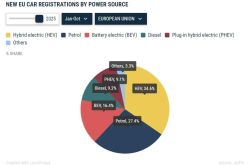Huawei and MediaTek's talks break down; Huawei's attempt to disrupt the mobile phone industry's patent model is too difficult
![]() 10/07 2024
10/07 2024
![]() 565
565
In July, media reported that Huawei sued MediaTek in China, alleging that MediaTek had infringed on its patents and used Huawei's 5G (or possibly including 4G and 3G patents) without paying patent fees.
Subsequently, MediaTek also sued Huawei, claiming that Huawei had infringed on MediaTek's patents, although MediaTek filed the lawsuit against Huawei in the UK.
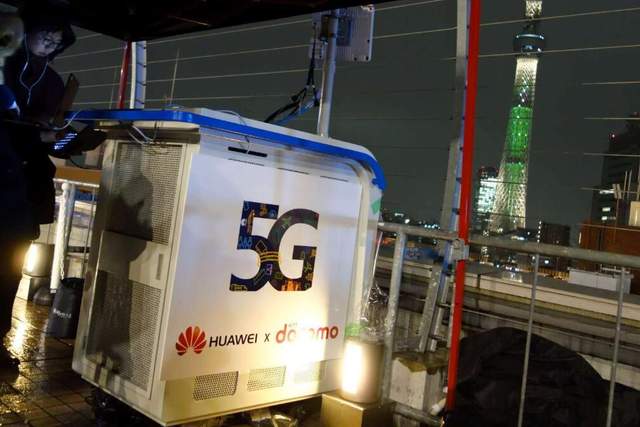
Later, it was reported that the two parties were still in negotiations, hoping to resolve the issue through talks, as going to court was seen as a last resort.
Recently, it was rumored that the talks between the two parties may have broken down, and that a peaceful resolution through negotiation was unlikely. Ultimately, the matter is likely to end up in court for adjudication.
In fact, these years have seen numerous lawsuits among mobile phone and chip giants, including Apple, Qualcomm, Huawei, Samsung, Xiaomi, Meizu, and others, all of which have experienced patent litigation.
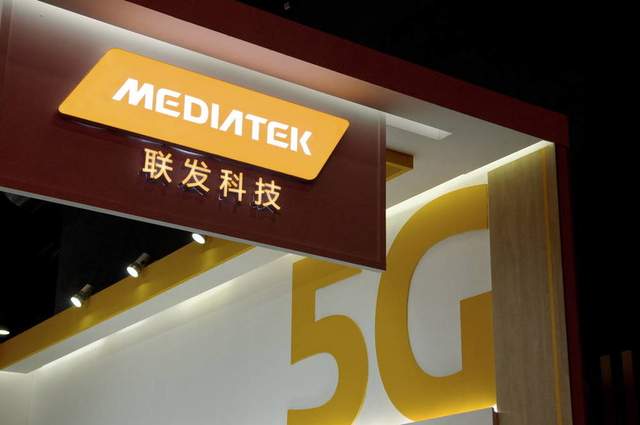
But honestly, most of these lawsuits tend to focus on the parties involved themselves, which is far less significant than Huawei's lawsuit against MediaTek.
The patent fees dispute between Huawei and MediaTek involves more than just patent infringement by the parties involved. Huawei aims to change the entire mobile phone industry's patent model, which may not be well-understood by the general public but is of great concern to industry insiders.
Traditionally, communication patents such as 2G, 3G, 4G, and 5G have been licensed and charged in a way that the patent holders collect fees from mobile phone manufacturers.
For example, Qualcomm charges Xiaomi, Huawei, Apple, Samsung, Honor, Meizu, and others, while Huawei also collects patent fees from Apple, Samsung, Xiaomi, etc. Similarly, Nokia, Ericsson, Philips, and other companies also charge mobile phone manufacturers, ultimately based on the price of the phones.
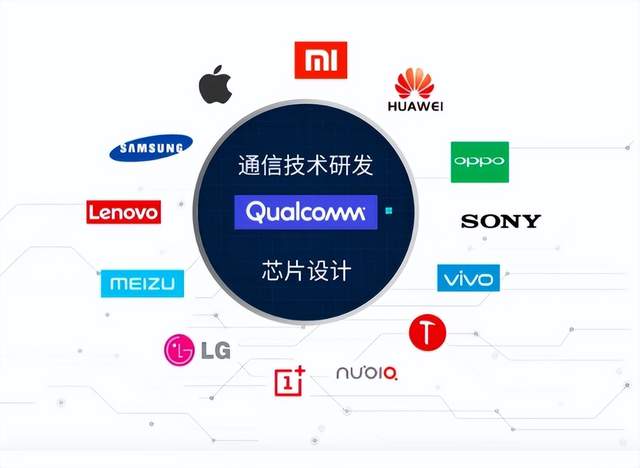
Behind Huawei's lawsuit against MediaTek lies Huawei's intention to collect fees from chip manufacturers, thereby changing the traditional model where patent holders directly charge mobile phone manufacturers.
In reality, the direct users of these patents are primarily chip manufacturers, as their 5G basebands incorporate numerous communication patents, which are the foundation.
Theoretically, mobile phone manufacturers only interface with chip manufacturers and should pay fees directly to them rather than directly to patent holders.
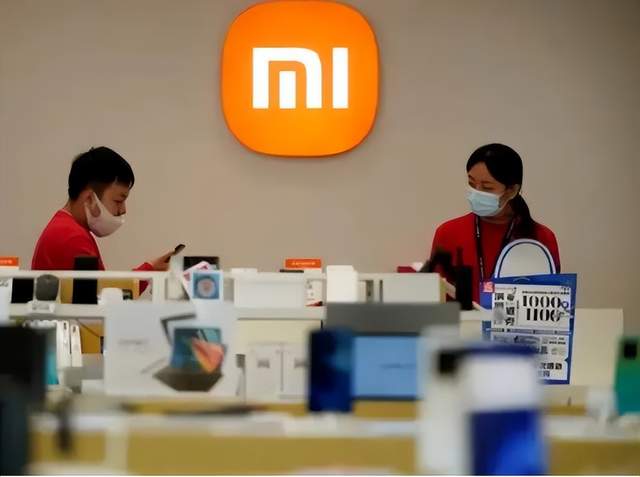
Huawei seeks to change this model by implementing a direct payment system where those who use the patents directly pay for them, regardless of the final end-user.
If a chip manufacturer uses patented technology, they should pay the associated fees. Mobile phone manufacturers, who interface with chip manufacturers, would then pay fees to the chip manufacturers.
This model is the most reasonable, but it disrupts the current industry model, making it a challenging endeavor. MediaTek's decision to sue Huawei in the UK may have been influenced by the fact that the UK courts may be more favorable to MediaTek's position.
The outcome of these lawsuits will undoubtedly be closely watched, as all mobile phone manufacturers likely hope for a Huawei victory, which could lead to a change in the industry model and potentially lower patent fees for mobile phone manufacturers.



